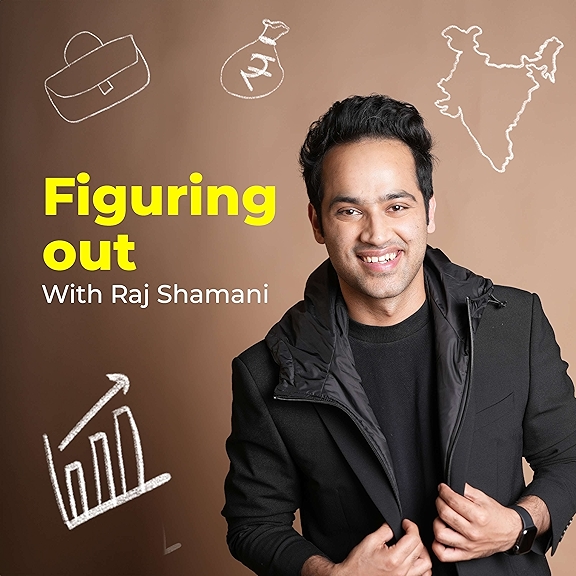
INSEAD MBA Admission Interview - Demonstrate 4 Winning Traits
Welcome to F1GMAT’s #askAtulJose series. In today’s episode, I will cover 4 winning traits for INSEAD MBA Admissions Interview.
The admission interviews at INSEAD are conducted by an Alumnus who might not necessarily be from your background. Typically, the interviews last 40-50 minutes.
While giving mock interviews for candidates through F1GMAT’s Mock Interview Service, I noticed 4 winning traits for INSEAD’s accepted candidates.
1. Attitude
This is perhaps the reason why face-to-face/Zoom or Skype interviews still exist. There is no way you can understand a person’s attitude by just reading the essays. Essays are definitely a window into how you think, your values, and your vision for the future. But how you talk demonstrates your attitude.
Are you expressing your thoughts in a condescending manner?
Are you defensive about failures?
Are you exaggerating even the smallest achievements?
Are you underplaying an impressive milestone?
Are you taking credit for someone else’s contributions?
All these can be figured out if you are an experienced interviewer. The standard questions like Why MBA? Why now? Why INSEAD? will give the alumnus enough data points on your attitude.
If there is even a hint of bias in how you perceive someone from a different country or ethnicity, you are unlikely to be a good fit with a global class like the INSEAD MBA program.
2. Adaptability
INSEAD has one of the most well-rounded essay questions about yourself, your achievements, failure, and extra-curricular. In all these examples, there is one common trait – Adaptability. Even if you are writing about your greatest achievement, there should be some opposing force or small setbacks that you had to overcome. Otherwise, it doesn’t read as an achievement. I have shared how to balance your achievements in the 3 Achievement 3 Strategies #askAtulJose episode.
In all these examples, your adaptability should be the common thread.
If it is a failure, how you adapted to the failure?
If it was an achievement – how did you adapt your resources, team, or strategy to achieve that milestone?
This trait could be easily measured in interviews when you narrate the constraints.
If you miss the constraints, then the answers couldn’t leave a lasting impression.
3. Knowledge
Unlike other interviews from top schools, a sizeable time in the interview at INSEAD is dedicated to asking follow up questions about your role, job function, and industry. The alumnus wants to measure the depth of your knowledge. I easily spotted the applicants’ depth of knowledge by asking a couple of follow-up questions about the industry.
The more well-read or hands-on experience you have, the more likely you will bring some nuanced points, trends, or approaches that will make the conversation interesting.
We all try to learn something new from the other person.
While preparing, have at least 2 talking points about your function and your industry for the next 5-10 years.
What changes do you anticipate?
For Example:
How can we achieve sustainability targets if you are working in manufacturing or the automobile industry?
How will AI disrupt your function if you are working as an Analyst in Finance?
How will Marketing automation tools impact your effectiveness if you are a marketing person?
How will automation and strategy aggregation impact managerial roles and your role as a strategist?
How will AI impact your data collection and validation as a consultant?
How will the Fed’s interest rate hikes impact investments and inflation if your background is in Economics?
These are a few common talking points that I have observed. If you need help practicing for your INSEAD MBA Admissions interview, subscribe to F1GMAT’s Mock Interview Service
4. Delivery
The fourth and most important aspect of an interview is Delivery. So many candidates mess up the interview by just writing the talking points or creating an outline. They typically have experience in public speaking. Overconfidence leads to underperformance because, unlike debating or talking about a topic, interviews are about you. And we don’t naturally talk about ourselves all the time.
When you have a script, even if it is just your thoughts transcribed into a paper, you still know what to say.
The silence just doesn’t work in an interview.
That immediately brings down your chance of admission. So write a script. And practice your delivery - at least 5-6 times.
If you need help in writing scripts, creating talking points, and preparing for the most commonly asked INSEAD MBA Admissions interview questions, subscribe to F1GMAT’s Mock Interview Service or you can contact me - Atul Jose




















